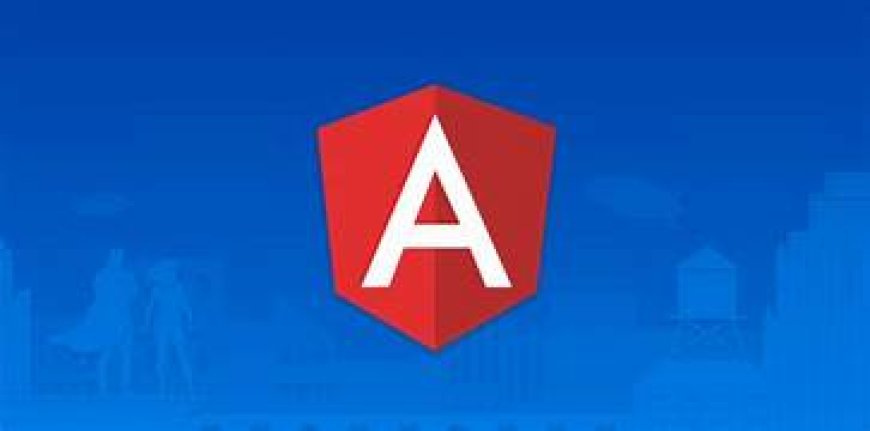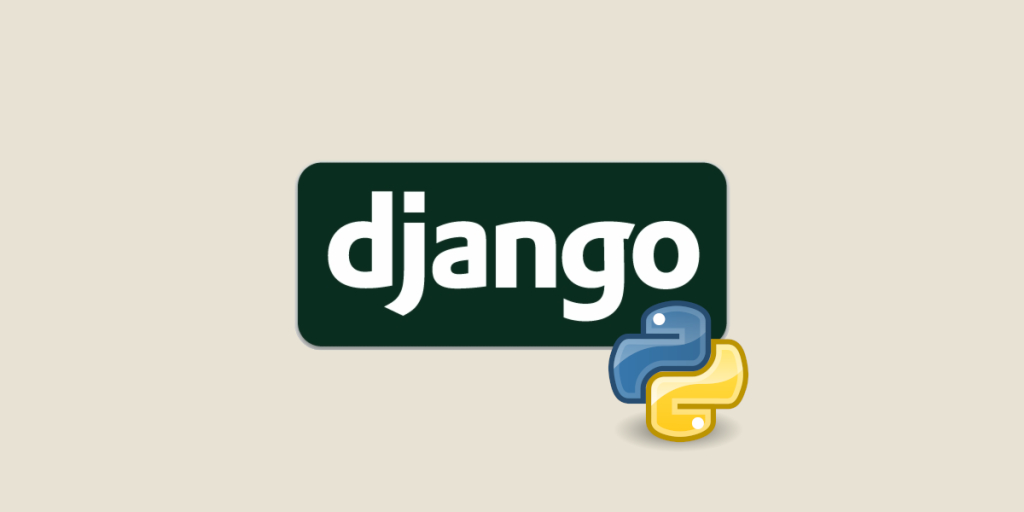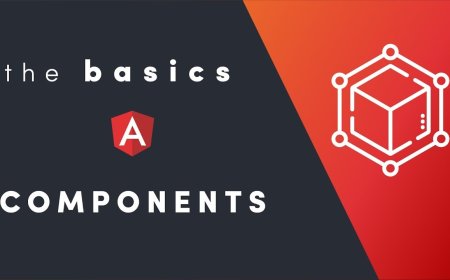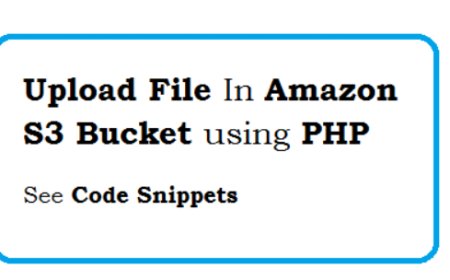Angular Introduction
Introduction of angular

Angular:
1. Introduction to Angular:
Angular is an open-source framework built with TypeScript, tailored for developing single-page web applications (SPAs) and dynamic user interfaces. Its component-based architecture ensures modularity and easy maintenance.
2. Key Features:
- Two-Way Data Binding: Simplifies syncing between the model and view, offering a seamless user experience.
- Dependency Injection: Enhances code organization, making components more modular and testable.
- Directives: Built-in directives extend HTML functionality, making dynamic views creation a breeze.
Angular Architecture:
1. Components and Modules:
- Components: Basic building blocks with their templates, styles, and logic.
- Modules: Units organizing related components, directives, pipes, and services.
2. Services:
- Services: Singleton objects sharing functionality across components.
3. Routing:
- Routing Module: Facilitates single-page applications with smooth navigation.
1. Code Organization:
- Modular Structure: Organize code into components and services.
- Angular CLI: Use for project scaffolding and code generation.
2. TypeScript:
- Static Typing: Leverage TypeScript for code reliability.
- Interfaces and Classes: Embrace for scalable and maintainable code.
- Features : it is a super set of java script
3. Responsive Design:
- Flexibility: Utilize Angular's flexibility for responsive web applications.
4. Testing:
- Test-Driven Development (TDD): Adopt TDD with tools like Jasmine and Karma for code reliability.
What's Your Reaction?
































